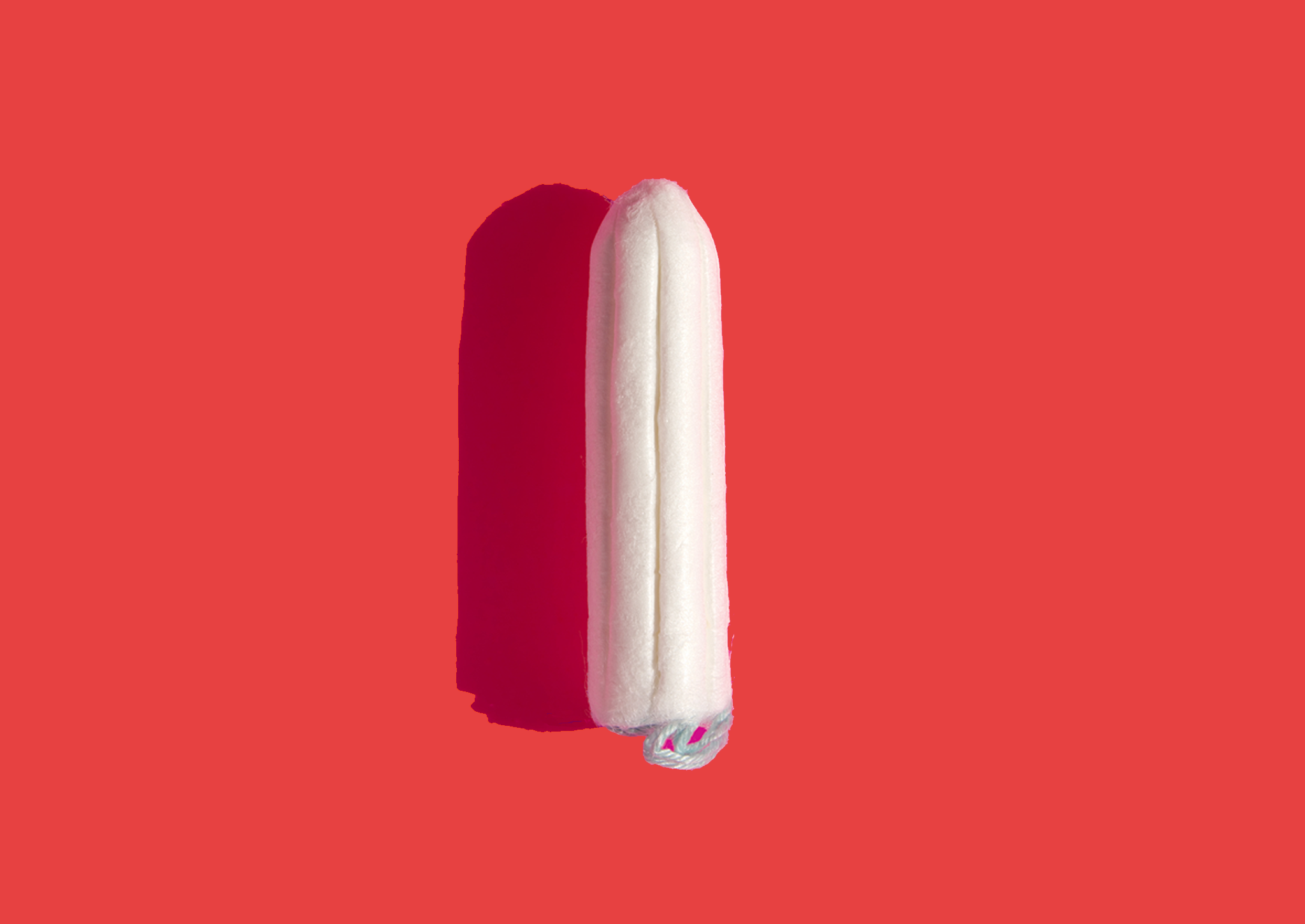Nepalese teenager dies after being banished to 'menstruation hut'
'She survived for seven hours after the snake bite but died because medical treatment was delayed,' says local mayor

Your support helps us to tell the story
From reproductive rights to climate change to Big Tech, The Independent is on the ground when the story is developing. Whether it's investigating the financials of Elon Musk's pro-Trump PAC or producing our latest documentary, 'The A Word', which shines a light on the American women fighting for reproductive rights, we know how important it is to parse out the facts from the messaging.
At such a critical moment in US history, we need reporters on the ground. Your donation allows us to keep sending journalists to speak to both sides of the story.
The Independent is trusted by Americans across the entire political spectrum. And unlike many other quality news outlets, we choose not to lock Americans out of our reporting and analysis with paywalls. We believe quality journalism should be available to everyone, paid for by those who can afford it.
Your support makes all the difference.An 18-year-old girl has died in Nepal after she was bitten by a snake while being forced to stay in a shed because she was on her period.
According to local officials, Tulasi Shahi was bitten twice by a venomous snake and died on Friday morning in the western Dailekh district.
Local mayor Surya Bahadur Shahi told AFP: “She survived for seven hours after the snake bite but died because medical treatment was delayed”.
The ancient Hindu custom of prohibiting women who are menstruating or have just given birth from taking part in normal family activities and having contact with men of the household because they are deemed “impure” is known as “chhaupadi”.
The practice, which is common in the western part of Nepal, was outlawed in 2005. However, local organisations say many other deaths associated with the practice are likely to go unreported.
Local media say Shahi’s family took her to the village shaman for treatment, rather than transporting her to a hospital.
Police were able to confirm a girl had died, but were not able to offer further details on the cause of death.
Some remote Nepalese communities believe they will suffer bad luck, such as natural disasters, abrupt death of animals, and illnesses, if women are not banished to huts or cowsheds when they menstruate. On top of experiencing isolation, they are prohibited from drinking milk and given less food to eat while they are on their period.
Two women died at the end of 2016 in separate incidents linked to the custom. One 15-year-old girl died of smoke inhalation after she lit a fire for warmth after being banished to a shed. The other woman’s cause of death is not known.
While activists argue the government’s ability to counter such customs has been inadequate, officials claim overhauling archaic, culturally entrenched attitudes cannot take place over night.
Join our commenting forum
Join thought-provoking conversations, follow other Independent readers and see their replies
Comments